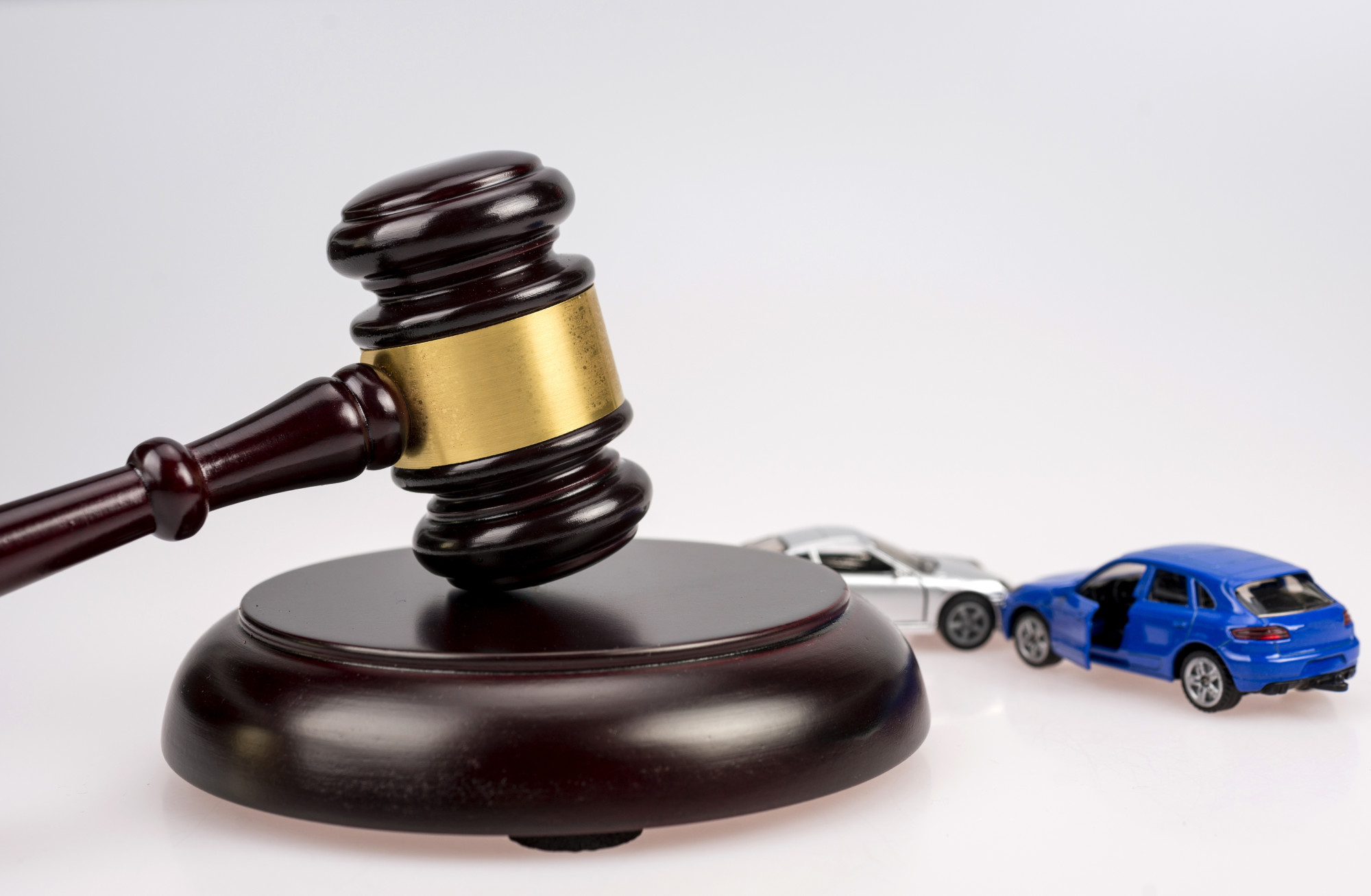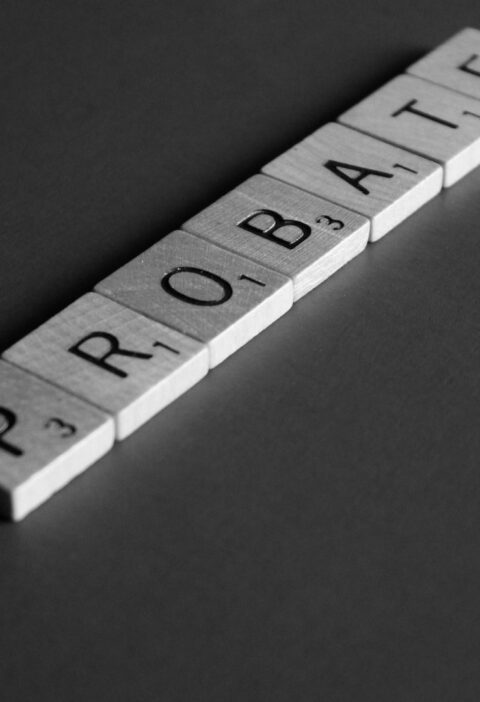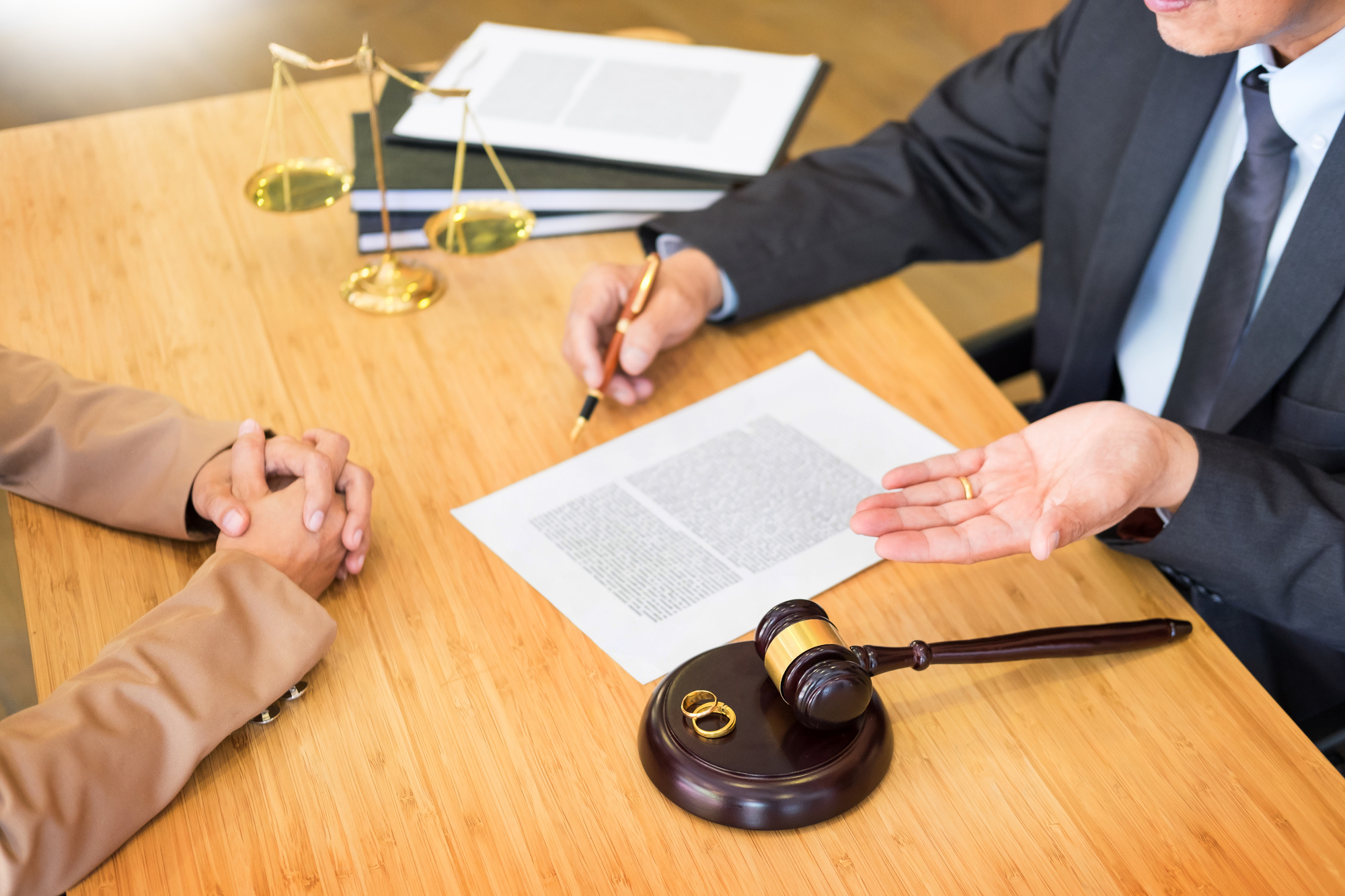Did you know that on average the U.S. sees 150,000 construction accidents every year?
Already going through the trials and tribulations that is a construction accident, it can be quite overwhelming to make sure that you’re meeting your claim filing deadline and avoid making all the construction accident claim mistakes.
Thankfully, you don’t have to go through this process alone. Keep on reading to learn all about the eight common construction accident claim mistakes that you’ll want to avoid.
1. Construction Accident Claim Mistakes 101: Not Seeking Medical Attention
The foundation of your worker’s compensation claim is your dedication to seeking urgent medical attention.
In most cases, insurance companies will believe that you weren’t seriously harmed if you waited to seek medical care after an accident. Have a friend or coworker drive you to the nearest hospital or urgent care center if you feel sick or injured. It’s possible that, rather than improving, your injuries may even grow worse in certain situations.
Don’t let yourself forget about subsequent appointments.
2. Failure to Record Accident Information
Writing down what happened after your accident is essential. After some time has passed after the accident, it becomes increasingly difficult to recall specifics. Keep in mind the moments leading up to the event, during the accident itself, and shortly after it.
Be careful to write down the names and numbers of any potential witnesses. It’s important to document the statements and reactions of any witnesses who were there at the scene. In a nutshell, you need to record everything that was said and done before, during, and after the accident.
All of this data is key construction accident claim documents.
3. Not Documenting Your Injuries and Treatments
If at all feasible, you should get duplicates of everything related to your health care, such as prescriptions, bills, MRI and test results, and imaging studies like X-rays and CT scans.
Keep track of everything you spend on your injury, from time off work to money spent on medical care to any specialized assistance you may need.
Doing this work yourself will save you time, money, and energy. Even if you may ask your lawyer to gather and record all of the information at a later period, it’s still important to do the leg work yourself. Errors will be less likely to occur as a result.
4. Failure to Properly Identify Contractors in Charge
We often find mistakes in identifying the contractors and subcontractors present on a building site among the claims arising from accidents there.
There is usually a large sign posted in the window listing all of the contractors and the general contractor in charge, although sometimes there may be contractors working on the site whose involvement is transitory and whose names will not appear. Your lawyer will require photos of the sign, the trucks, and any signs on the trucks or uniforms that individuals are wearing to determine who the subcontractors are.
It’s critical, particularly if they contributed to the cause or whatever unsafe situation caused either the accident or the injuries.
5. Avoiding Informing Your Employer of Your Accident
It is crucial to your claim that you inform your employer as soon as possible after the accident.
You shouldn’t report it over the phone, however. Any conversation you have with your supervisor informally may be contested. Email, SMS, or a recorded phone call is the best way to contact your company.
Tell your manager how you’re doing as you go through therapy. Do not wait until it is too late to submit a complaint; doing so will make you seem suspect.
6. Not Hiring an Experienced Construction Accident Lawyer
For most cases of workers’ compensation involving minor injuries, legal representation is unnecessary but can’t hurt.
A lawyer’s services are necessary, however, when dealing with more complicated damage cases. Successfully resolving your worker’s compensation claim depends on retaining an experienced attorney in this area of law. Your state’s worker’s compensation program is governed by state law.
As a result, you should seek the services of a lawyer who is well-versed in the state’s worker’s compensation regulations. If you’re making a claim in Illinois, for instance, you’ll want to retain the services of a top-tier Chicago workers’ comp attorney. Learn more here to find a lawyer who has been successful in situations similar to yours.
7. Withholding Information from Your Lawyer
Your attorney’s responsibility is to maximize the compensation you get for your injuries.
In order to reach a fair settlement, you must provide your attorney with all relevant information. Although it may come as a surprise, it is possible to cope with most problems that arise.
This means you shouldn’t withhold information from your lawyer, whether positive or negative. Don’t leave out any information, no matter how little.
8. Not Seeing Your Preferred Medical Professional
In spite of widespread opinion to the contrary, you have the right to choose your own doctor.
After discussing your care with your primary care physician, you are free to see any specialist you want. If you don’t agree with the diagnosis made by an impartial medical expert, you may seek a second opinion. However, your claim may be rejected if you do not adhere to your doctor’s prescribed therapy.
You should expect your company to send you to a third-party doctor for a thorough medical evaluation (IME). Yet, the so-called independent examiner may not be that impartial after all. Perhaps in an effort to save money for the company, he or she would downplay the seriousness of your injuries.
Before meeting with a private medical examiner, you must discuss the situation with your attorney. Have a detailed conversation with your doctor about your injuries and the circumstances of the event.
Navigating a Construction Accident Injury
Anyone who’s dealing with an injury can’t be expected to be in the right headspace for navigating the world of injury claims and getting the compensation that they deserve. So, we hope that our guide has shed some light on the eight most common construction accident claim mistakes that we see and how to avoid them.
If you’re still feeling shaky on the details, you should head straight to our legal section for more tips and advice to help you move on to greener pastures financially and emotionally.







